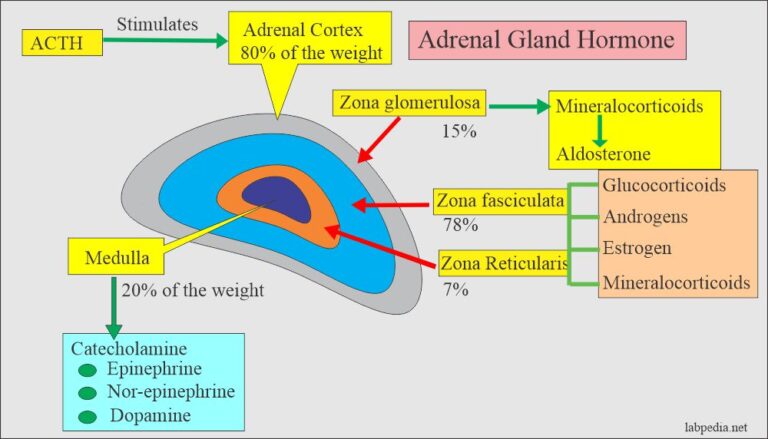



The body’s checks and balances for elevated cortisol are to elevate glucose and decrease immune function. Additional Health ProblemsĪs with any hormone when there is a problem with one there is another one to offset the issue. Chronic low-level stress elevates cortisol for a period of time and then this overproduction turns into sporadic or underproduction of this vital hormone.

This flat lined cycle causes severe fatigue and low-level function of all the systems in the body. With low adrenal function, the cycle will change to very low cortisol levels in the morning with very little to no elevation in cortisol at all. or later which cause the sleep issues, midnight waking and overall tired and wired feelings. What happens to this cycle in a high adrenal function time can vary but many experience cortisol elevations at 3 p.m. As the day progresses, cortisol slowly comes down and is at a low point around 9 p.m. Cortisol Cycle DisruptionĪ healthy cortisol cycle starts high in the morning upon waking and peaks at about 8 a.m. These symptoms are in tune with what is happening with cortisol and how your cortisol cycle is being disrupted. You can see how the symptoms start as too much energy that can’t be turned off to low energy bottomed out. Low adrenal gland function has symptoms such as: High adrenal gland function that is overproducing and trying to keep pace with stress has symptoms such as: Some may experience this phase for years or even decades before a decrease in adrenal function occurs. Symptoms of Adrenal FatigueĪt first, with chronic low-level stress, the adrenals will pump out higher levels of cortisol and catecholamines. What happens when you put a paleolithic body built for hunting and gathering, and for the most part, handling acute or short-lived moments of stress, into 21st century life? The answer is adrenal fatigue in varying degrees from mild to burnt out and many of us are walking around with it and not even aware of the condition.


 0 kommentar(er)
0 kommentar(er)
